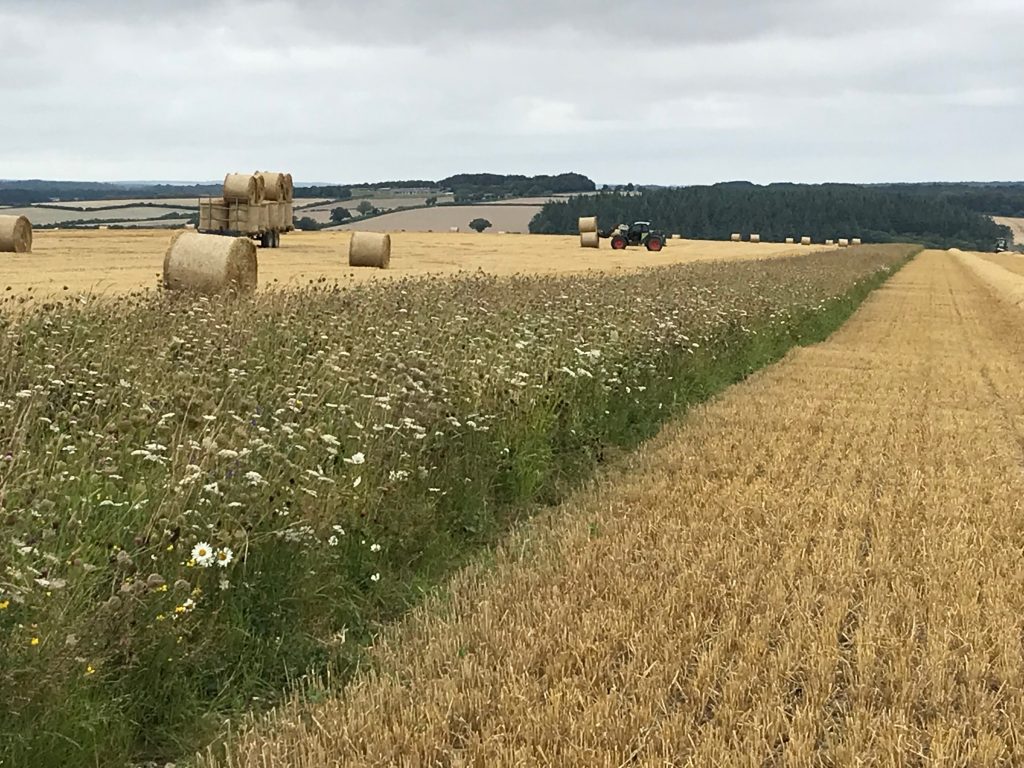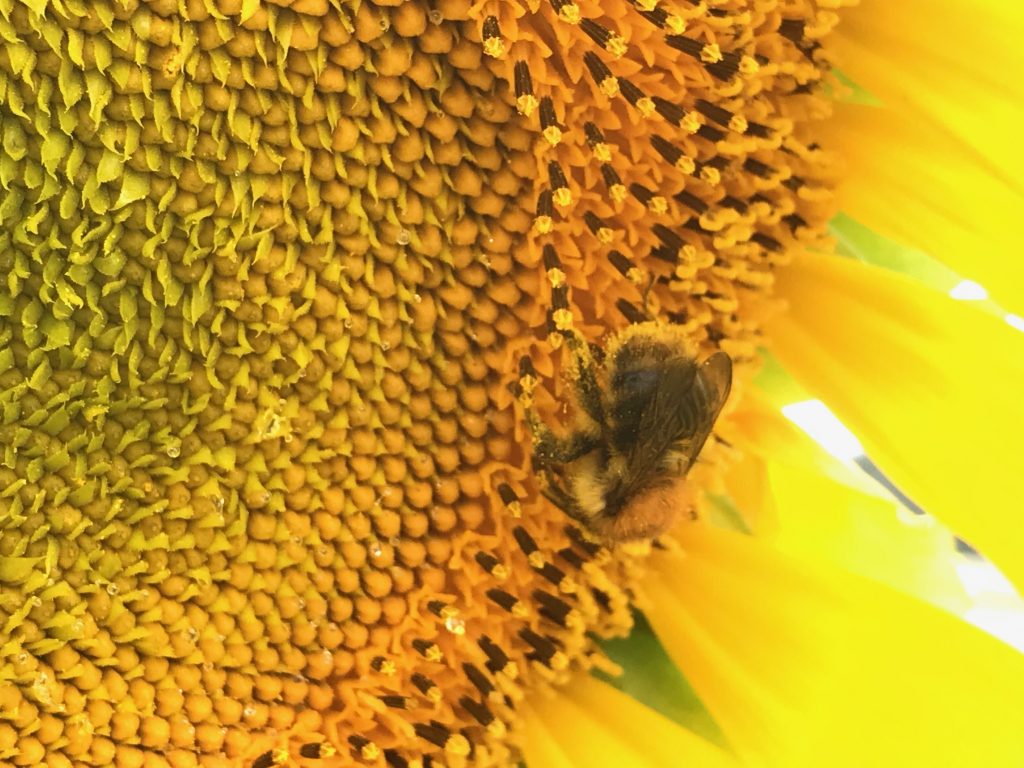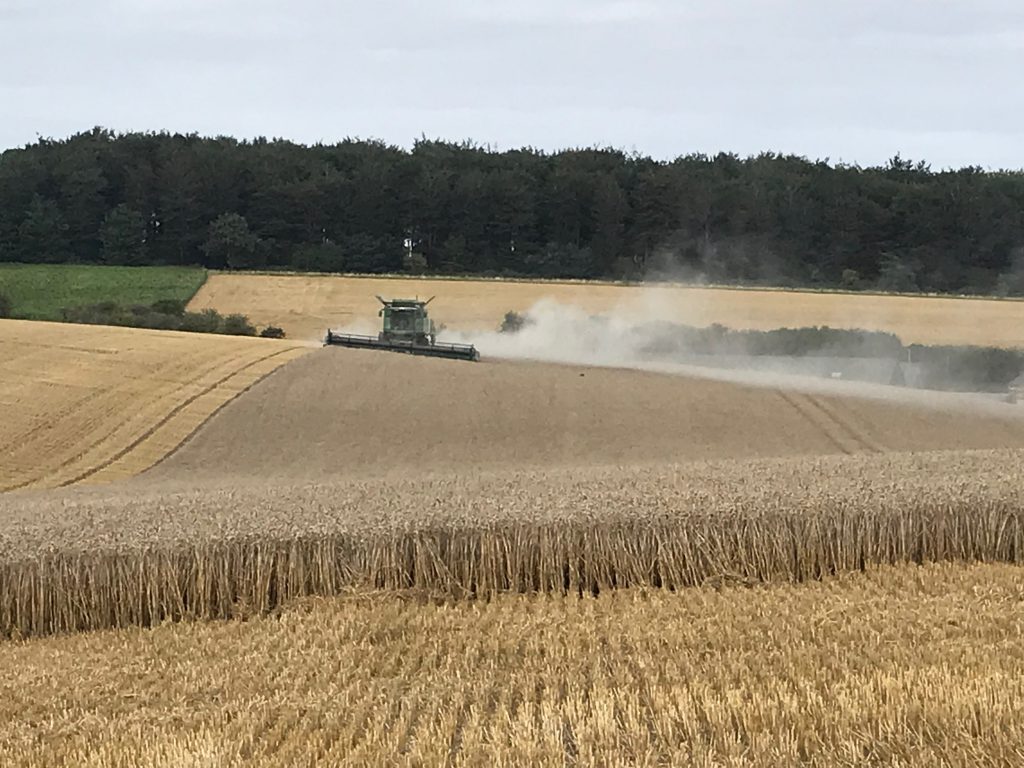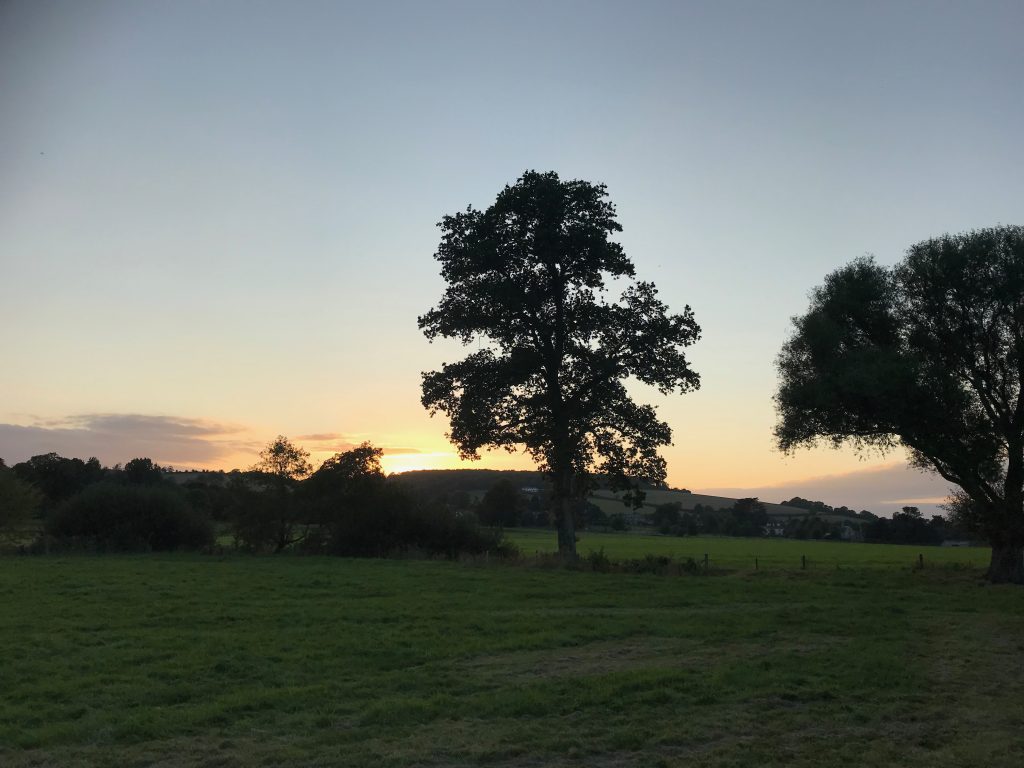A comment on current Ag politics
Delegates to last week’s Council meeting in a hotel near NFU HQ will have returned home tonight with their heads spinning, feeling a bit like they’ve been through a couple of rounds with Tyson Fury. We started with a speech from George Eustice MP, Secretary of State, on the screen from London, followed by questions, which he did his best to answer, but satisfied few. It is rapidly dawning on anyone who can bear to follow the politics of our sector, that although our secretary of state may well do his best on our behalf, his colleagues around the cabinet table, not to mention the Home Office, are just not listening. Many sectors are suffering terribly from the inability to source the labour they need to harvest their crops, and look after their animals properly. Covid led to many foreign workers going home, and when trying to return they find that the UK now has a pretty unfriendly immigration policy, and have found work elsewhere. Add to this the price of energy, and the knock-on into so many other costs not to mention fertiliser, and utter cock-ups by public bodies such as the EA with the farming rules for water, it is hard to remain positive. Recent announcements of 800 butchers and more temporary visas will barely scratch the surface of the problem. Cries from many sectors, from hospitals and care homes, to haulage and food processing, all seem to be pointing to the fact that our economy was in the days of EU membership, seriously hooked on a never ending supply of young and flexible labour. To be suddenly deprived of this is serious cold turkey, and unless we have a change of policy, the economy can only go one way, and it will end in tears. The work is not being done, and we have lost the tax take from all that immigrant labour.

But positive we farmers must remain, at least with our public face. We have 75% approval amongst the public as shown by a recent survey, which to me says that we can only go so far with the public moaning and wailing, and must keep it to ourselves. Some sectors have been enjoying bonanza prices, eg: grain, beef and lamb, though much of the benefit will be soaked up by increasing costs. We have had a relatively benign harvest and most of the south west has seen record levels of forage collected.
Many farmers have continued with invaluable educational work, led by example by Josh and the Ed team at NFU HQ. It is so important to engage with the consumers of the future, and with their teachers, who are such influential people themselves, a positive farm experience early in their lives is like planting an acorn, with so much potential good to benefit from in the future.

Engaging with the public is so important on so many levels, encourage them to appreciate the value of UK grown food, where we can control how it is produced; point out how closely regulated we are (usually for good reasons); how much trouble we take to produce healthy nutritious and environmentally responsible food, and how much care we take of the environment.
School visits are invariably the most enjoyable part of my job, it is a real privilege to have the responsibility of educating and entertaining a class of children out on your own farm, they are fascinated by nearly everything that you show them, and there is always somewhere you can let them run about and let off steam, roll down hills, and engage with animals, so many things that many will hardly ever get the chance to do in their lives, unless you give them the opportunity. Convert an old trailer to a safe and enclosed farm tour wagon, strike up a relationship with some local teachers, get some guidance from NFU Education or LEAF Ed, and off you go. It can be like learning to ride a bike, the first one or two are scary, but after that it gets easier, and even invigorating. Why not have a go ?
A Roundup rant
At this time of year, most arable farmers will be sowing next year’s crops, but are we also sowing the seeds of our own misfortune as an industry, by persistent use of glyphosate as a pre-harvest treatment, particularly on naked grains such as barley ? The glyphaholics that I occasionally run this argument past always remind me that the label says it’s ok, so it must be ok. Hmmm, to me it just feels wrong. “Have you sprayed off your barley/rape/wheat yet mate?” is a line I hear all too often in arable circles. Frankly I don’t want to drink beer made from barley that has been ‘sprayed off’, do you ? If you read the label it says you must not spray until the grain moisture is below 30%, or until a thumbnail print will remain on the grain. I wouldn’t trust any moisture meter to reliably measure 30%, and the nail print test doesn’t bear close scrutiny. I always understood that the 30% rule is to prevent the risk of the chemical being translocated into the grain.

When you ask a glyphaholic why he is planning to ‘spray off’ he will tell you it is either because the crop is uneven, or weedy, or more sinisterly because he has an early contract to fill. Let’s deal with these one by one: If uneven, does this mean that some grains are below 30%, but that others are above (and more likely to absorb the chemical) ? If the crop is weedy, the weeds will likely be senescing by harvest time, would it not be wiser to let them green up and give them a good hit after harvest? And early contracts, well simply don’t be so daft! Let the crop reach its full potential by ripening naturally. Glyphosate is a weedkiller, not a dessicant.
The label also says that you must wait at least 7 days after spraying before harvesting. If it turns hot and sunny the day after spraying, the barley can often ripen off naturally in less than 7 days. How many glyphaholics will honestly say that they wait the full 7, or 14 in the case of rape ?
Seed growers and home seed savers all know that we should not spray crops we are going to use for seed, the label says this too. This must mean that we all understand that the chemical can affect the seed, and therefore it or a constituent part must enter the seed. I am very surprised that maltsters don’t object, some do, but not all. It just doesn’t add up.
At the end of all this, my biggest concern is that we lose glyphosate altogether. It is incredibly important for use between crops, in no-till/regenerative situations, and where stale seedbeds are vital for resistant weed control, and to persist with use of it on crops about to be harvested I believe hands the argument right over to those who want to see it banned.

